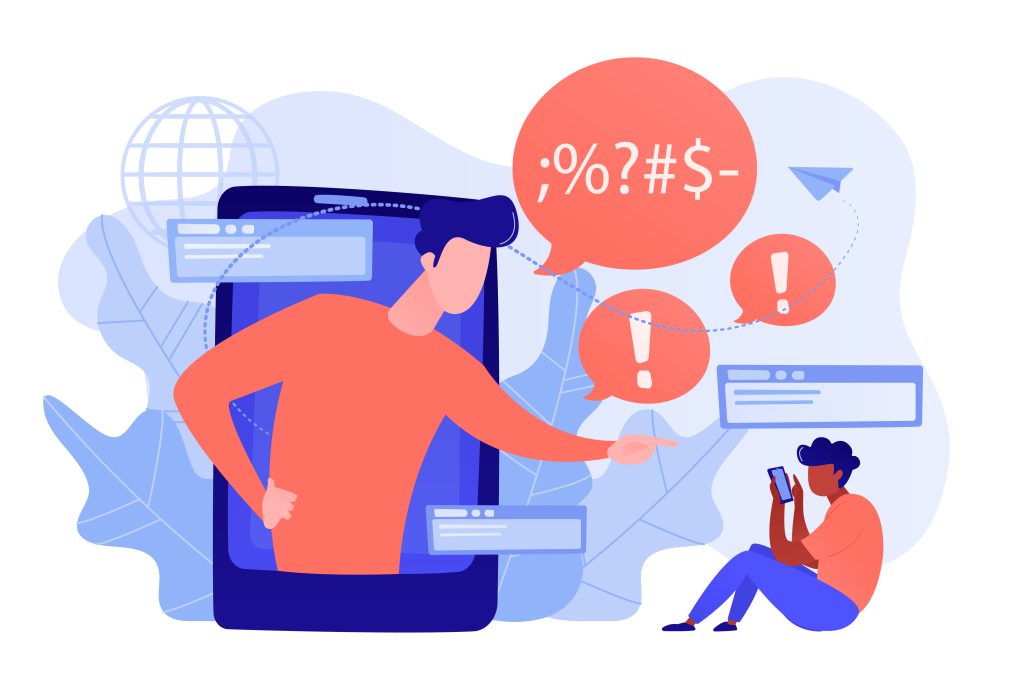Search engines have become the default gateways to information. Whether people are researching health advice, financial tips, or breaking news, they rely on platforms like Google or Bing to surface relevant, trustworthy content. However, the very algorithms designed to deliver convenience and accuracy can also be exploited. Misinformation in search engine gaps is emerging as a serious concern, particularly when it fills the vacuum of low-quality or sparse content in trending topics.
As new events unfold, public interest surges before reliable sources can publish verified content. During this critical window, misinformation not only appears—it often thrives. This article explores why these gaps exist, how bad actors take advantage of them, and what both platforms and users can do to stay better informed.

What Are Search Engine Gaps?
Search engine gaps refer to time-sensitive or under-moderated areas of the internet where the volume of high-quality, factual content is low or delayed. These gaps typically appear when:
- A breaking news story has limited credible coverage.
- A niche topic lacks authoritative content.
- A new conspiracy theory or trend gains traction quickly on social media.
- There’s a language or regional information mismatch.
In such instances, search algorithms still need to deliver results, and they often end up ranking low-quality content higher simply because it’s among the few available pieces on the topic.
Why Misinformation Fills These Gaps
1. Algorithmic Prioritization of Fresh Content
Search engines often favor new content to keep results timely. However, misinformation in search engine gaps thrives because producers understand this and release sensational, keyword-stuffed articles as soon as interest spikes.
These posts are often well-optimized for SEO.
They use emotionally charged headlines to increase click-through rates.
They gain traffic before reputable outlets can publish thoroughly researched responses.
2. Lack of Immediate Fact-Checking
Credible journalism takes time. Independent verification, expert quotes, and editorial standards don’t happen instantly. By the time legitimate content is ready, search engines may have already ranked misinformation prominently.
3. Low Competition for Niche Keywords
Emerging topics often don’t have an established set of reliable keywords or search patterns. Misinformation creators exploit this by flooding the space with deceptive or misleading content that satisfies search intent without satisfying truthfulness.
Real-World Examples
COVID-19 Pandemic (2020–2021)
Early in the pandemic, users searching for “coronavirus cure” or “how COVID spreads” were frequently led to misinformation. According to a study by the BMJ, low-quality or misleading pages filled the top 20 results for many such queries in the first few weeks of the outbreak.
Maui Wildfires (2023)
Following the wildfires in Hawaii, search results were temporarily dominated by conspiracy theories suggesting government-directed energy weapons caused the fires. It took days for credible environmental and investigative sources to regain top visibility.
Financial Advice for Gen Z (Ongoing)
New financial terms like “soft saving” or “lazy investing” are often first introduced via TikTok or YouTube influencers. Search engines index this user-generated content, even when it includes misleading or risky advice, before vetted articles from certified professionals can catch up.
Emerging Trends in Misinformation Tactics
A. AI-Generated Articles and Deepfake Media
The barrier to creating content has been drastically lowered. Tools like ChatGPT and image generators are now being misused to produce thousands of misleading pages, flooding search engines with near-duplicate misinformation.
B. Exploiting Foreign-Language Gaps
Some bad actors publish misinformation in regional languages with lower moderation efforts. Search engines with weaker linguistic models in those areas may rank misleading content more highly due to lack of competition.
C. SEO Manipulation Through Backlink Farms
Link farms and private blog networks still play a role in artificially inflating the ranking of misinformation pages. When these are paired with trending keywords, they can push false content into top search positions.
What Platforms Are Doing—And Where They Fall Short
Search engines are not unaware of the problem. Google, Bing, and others have implemented several updates:
- E-E-A-T (Experience, Expertise, Authoritativeness, Trustworthiness): Aimed at ranking higher-quality content.
- Content advisories for new topics: Indicating when information may still be developing.
- Fact-check tags: Highlighting content that has been reviewed.
However, these efforts often come after misinformation has already circulated widely.
What You Can Do to Stay Informed
- Use Multiple Sources
Never rely on a single link for major updates, especially during unfolding events. - Look for Reputable Domains
Favor domains known for editorial oversight (.edu, .gov, major news outlets). - Check Publication Date and Author Credentials
Freshness matters, but so does experience. Be wary of undated articles or those with anonymous authors. - Use Fact-Checking Sites
Websites like Snopes, PolitiFact, and Media Bias/Fact Check provide fast checks for viral claims. - Avoid the Clickbait Trap
Emotionally loaded headlines are often a red flag for misleading content.
What Search Engines Should Improve
While user vigilance is key, platforms need to invest further in:
- Real-time flagging of low-trust content during surges in traffic.
- Improved support for non-English content moderation.
- Better transparency in how algorithm changes affect misinformation.
Even introducing a “source diversity” signal could encourage variety in the top 10 results, reducing echo chambers and misinformation dominance.
Conclusion: No Algorithm is Truly Neutral
Misinformation in search engine gaps is not a fringe problem—it’s a systemic one rooted in the way platforms prioritize freshness, popularity, and engagement. As search engines evolve, so too must our understanding of how they can be manipulated. Platforms have a responsibility to close these gaps more effectively, but users must also navigate with skepticism and intent. Information literacy is no longer optional—it’s essential.
References
- BMJ (2020). “COVID-19 misinformation on the internet.” https://www.bmj.com/content/370/bmj.m3092
- Lewandowsky, S. et al. (2021). “Misinformation and its correction: Continued influence and successful debiasing.” Psychological Science in the Public Interest.
- Moz.com. “Search Engine Ranking Factors.” https://moz.com/search-ranking-factors
- Media Matters for America. (2023). “Maui wildfires: How conspiracy content went viral.”
- Google Search Central Blog. “Understanding the Search algorithm.” https://developers.google.com/search/blog






